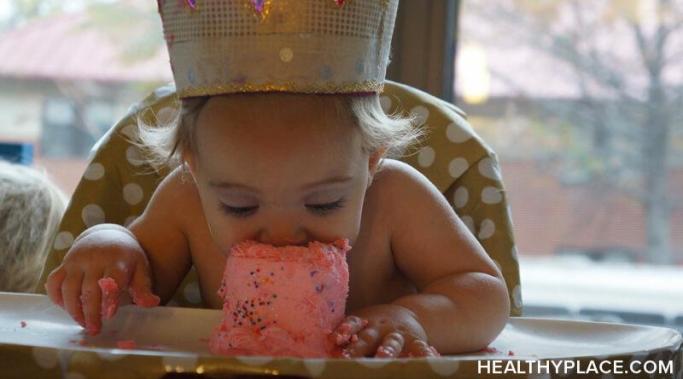I missed my last scheduled blog post due to illness, but in truth, I was relieved because aside from the gastric flu wreaking havoc with my digestive system, I didn't have anything to talk about. I was (and am) doing well. When I sat down to write this week's piece, I had a similar bittersweet realization. This blog is "Coping with Depression," but at the moment, I don't feel as though I am "coping" with anything in particular. I am, for all intents and purposes, recovered from depression. Does that mean I should give up writing this blog? I think not.
Depression Stigma and Self-Stigma
Those empty "inspirational" quotes are a particular pet peeve of mine. Facebook and Instagram are littered with them, and the more of them I see, the more aggravated I get. It's not just that the same ones seem to do the virtual rounds every few months ("Live, Laugh, Love" anyone?), it's that they have become so ubiquitous that they feel insincere.
We all want to feel like we are contributing to the world, but as the world grows more competitive, it can be hard to feel that we are doing "enough"— as employees, partners, parents, or just as members of society. This has resulted in a culture of "competitive tiredness," in which we measure our worth according to how exhausted we are and seek recognition of that exhaustion from the people around us as proof that we are "doing enough." It causes friction in personal relationships and is terrible for our mental health. So why have we become so invested in the idea that to be fulfilled, you also have to be knackered?
Childhood bullying caused me to have a fairly miserable time at school. I was bookish, physically inept and socially awkward. Add to that the headgear and a built-up shoe, and you had a sight that would make any school bully drool.
"Gaslighting" is a form of emotional abuse in which the abuser makes the victim question their perception of reality in order to undermine their feelings and avoid accountability for abusive behavior. It is cruel and inexcusable to deliberately treat another person this way, but is it possible to do it unconsciously? Is it possible to gaslight someone with nothing but good intentions? I believe so. In fact, I believe unconscious gaslighting is a trap into which it is easy to fall when you are caring for a person with a mental illness.
I have been lying. I have spent the last six months writing this blog about the importance of letting go of shame and talking openly about the realities of living with depression, yet recently in my private life, I have forgotten to practice what I preach. I have become too invested in the idea of myself as someone who has "recovered" and stopped acknowledging my bad days. This is both insincere and unhealthy. Bad days will happen, and learning how to deal with them is a vital part of depression recovery.
This will be my final post of 2020. Not only are we heading into a new year, but I am due to give birth in just over a week, and I'll be taking a few weeks after that to settle into our new routine as a family of four (and I'm using the word "routine" very loosely). So, with that in mind, I thought I would use this week's blog post to reflect on what I've learned in 2020, and more specifically, what I've learned since joining the HealthyPlace community.
Like me, I'm sure many people have been advised to "be positive" when they are depressed or struggling in general. One would think over time, this typically misused saying would fade away. Instead, we have a version 2.0: "good vibes only." And thanks to social media, this catchphrase has become so popular that it now comes emblazoned on products like notebooks and T-shirts. This attitude is a form of toxic positivity and is harmful to a person with depression. Allow me to explain why.
How can shame damage relationships? After all, shame has been a part of human culture for thousands of years. It is one of the things that makes human relationships and social structures unique and is arguably a necessary component of every civilized society. However, I believe people with mental health issues experience shame at a disproportionately high level, and this can be incredibly detrimental not only to their recovery — but also to their relationships with the people around them.
Birthdays are supposed to be exciting. Unfortunately, for many of us, birthdays trigger depression, anxiety, and stress in general. Given that I happen to be one of those folks who suffer from birthday blues, I can tell you that just like clinical depression, birthday depression too is real and not a choice.









